News & articles
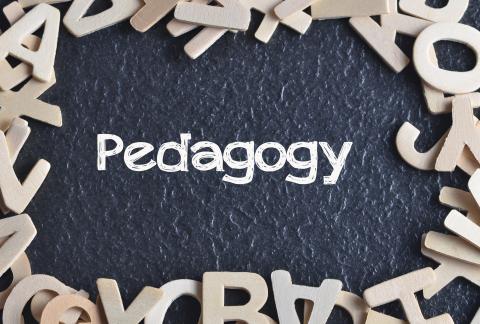
OU launches sixth report on top trends in education
Navigating post-truth societies’ is named as one of the top ten new approaches to learning and teaching in this year’s Innovating Pedagogy report from The Open University.
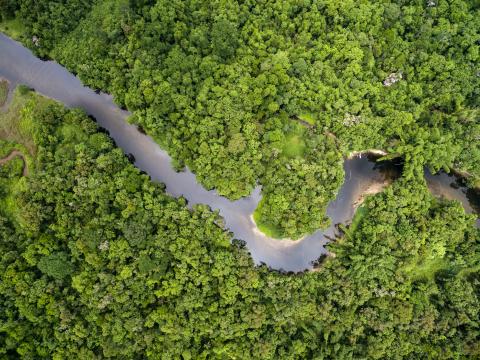
Scientists solve mystery methane source
Environmental scientists from the OU have discovered that trees growing in the Amazon floodplains surrounding the Amazon River emit as much methane (CH4) into the atmosphere as all of the world’s oceans.
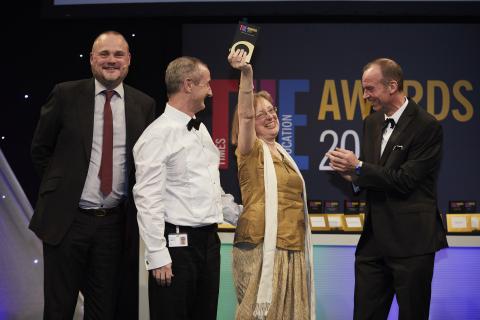
OU-led project wins top award for international impact
An OU-led project has won the International Impact Award in the Times Higher Education Awards 2017.

How websites watch your every move and ignore privacy settings
Hundreds of the world’s top websites routinely track a user’s every keystroke, mouse movement and input into a web form – even before it’s submitted or later abandoned, according to the results of a study from researchers at Princeton University.

Why a blockchain startup called Govcoin wants to ‘disrupt’ the UK’s welfare state
The UK chancellor’s recent Budget reminded us that systemic problems continue to plague the government’s delayed roll-out of universal credit – a single monthly welfare payment that will replace six separate benefits.

Here’s the truth about false accusations of sexual violence
Why didn’t these women speak up sooner? This was asked time and time again during the recent public furore around sexual harassment, violence and abuse. Underlying the question is a persistent uncertainty about the credibility of victims – a concern with identifying what is true and what is false.
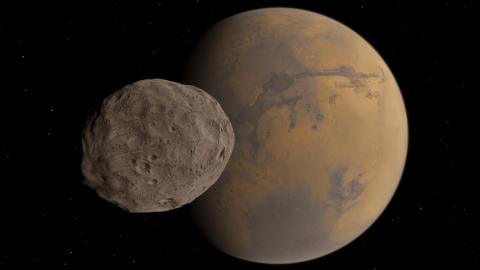
New grant to study contamination caused by landing on Martian Moon
OU researchers are part of a project that will use state-of-the-art lab equipment to simulate the contamination expected when a spacecraft lands on the Martian Moon Phobos.

OU boost for data science
The OU is part of one of eight new centres based at UK universities to receive a share of £10 million to train the next generation of data science experts.
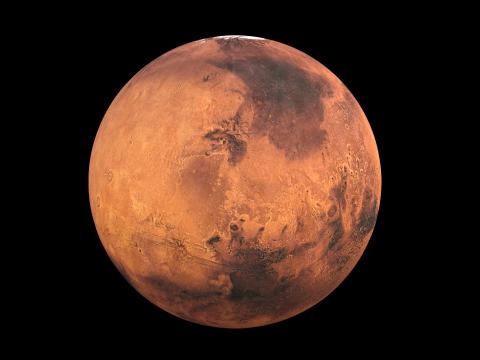
Scientists discover evidence of recent water flows on Mars
A team of scientists led by The Open University has discovered evidence of recent glacial meltwater on Mars.
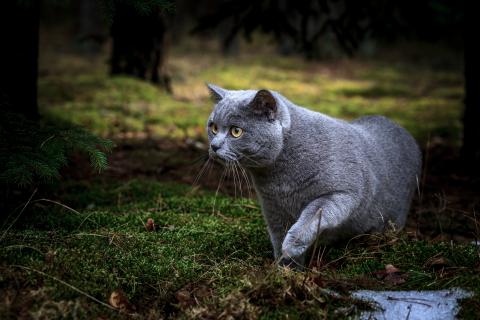
New research measures cats’ reactions to wearing GPS devices
Cats are notorious for straying for days and the idea of them wearing a GPS device seems like a good one, but OU researchers say maybe not.
Contact our news team
For all out of hours enquiries, please telephone +44 (0)7901 515891
Contact details